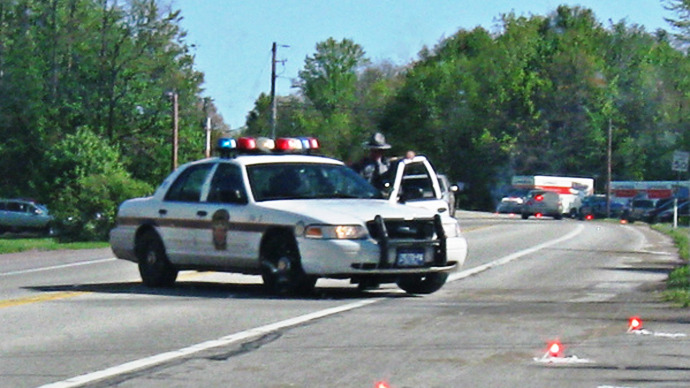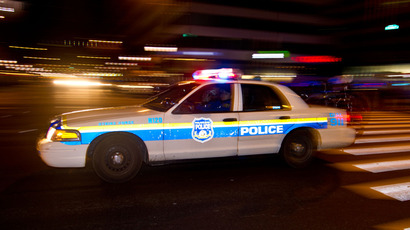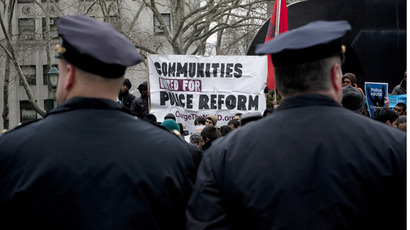Lawsuit against Pennsylvania troopers accused of setting man on fire set to proceed

A federal judge has ruled that the trial of Pennsylvania trooper accused of using excessive force can go ahead, meaning the plaintiff does not have to “unequivocally” prove that other officers failed to intervene upon witnessing him set him on fire.
A federal judge has ruled that the trial of Pennsylvania trooper
accused of using excessive force can go ahead, meaning plaintiff
Allen Brown does not have to “unequivocally” prove that
other officers failed to intervene upon witnessing him set him on
fire.
In the early morning of August 24, 2008, Brown was spotted by
Pennsylvania state patrol for driving an unlicensed scooter on the
Schuylkill Expressway in eastern Pennsylvania. Troopers Justin
LeMaire and Peter Burghart gave chase when Brown, who was driving
without the legally required license plates or protective headgear,
refused to pull over.
The low-speed pursuit ended when Brown drove into a cable blocking the entrance to the apartment complex he was attempting to flee into. When Brown fell off the scooter it started leaking gas, which leaked onto him as he lay in the street. Police say the suspect then failed to cooperate and was Tasered multiple times, at which point the electricity met with the gasoline and engulfed Brown in flames.
Burghart would later testify, according to Courthouse News, that Brown failed to recognize the officers’ commands and put himself at risk by resisting arrest. After Trooper LeMaire put out the flames with a fire extinguisher Brown again rose to his feet and allegedly began threatening the officers.
Brown would later plead guilty to driving under the influence and attempting to elude an officer but filed a lawsuit against LeMaire and Burghart in 2010 claiming that he suffered third-degree burns over about a third of his body. Both officers testified that they knew prior to the accident that a taser was capable of igniting gasoline, although they denied thinking of it at the time.
Judge Pratter previously ruled that LeMaire’s status in the case lacked clarity but denied an immunity request from Burghart, siding with Brown’s expectation that a routine traffic stop “surely would not conclude that conduct risking lighting that suspect on fire was an appropriate amount of force ,” she wrote.
“Burghart is not entitled to qualified immunity because 'an officer familiar with legal precedent regarding the amount of force appropriate in the case of (1) an unarmed, but resisting suspect (2) who was not attempting to harm officers and, (3) aside from resisting arrest, had only committed traffic violations surely would not conclude that conduct risking lighting that suspect on fire was an appropriate amount of force ,” Judge Pratter continued.














